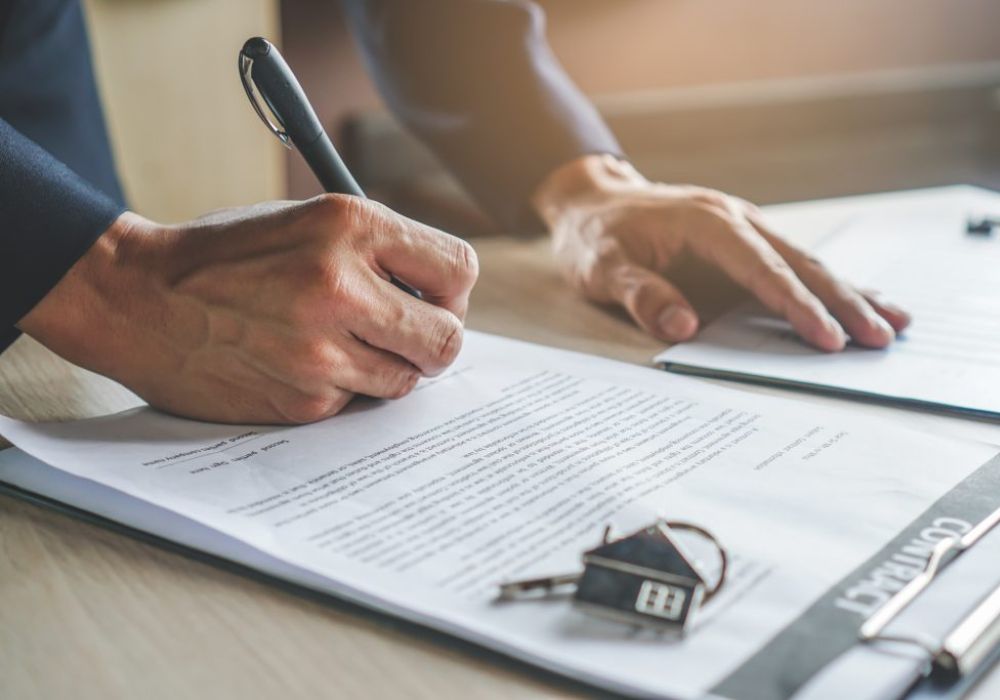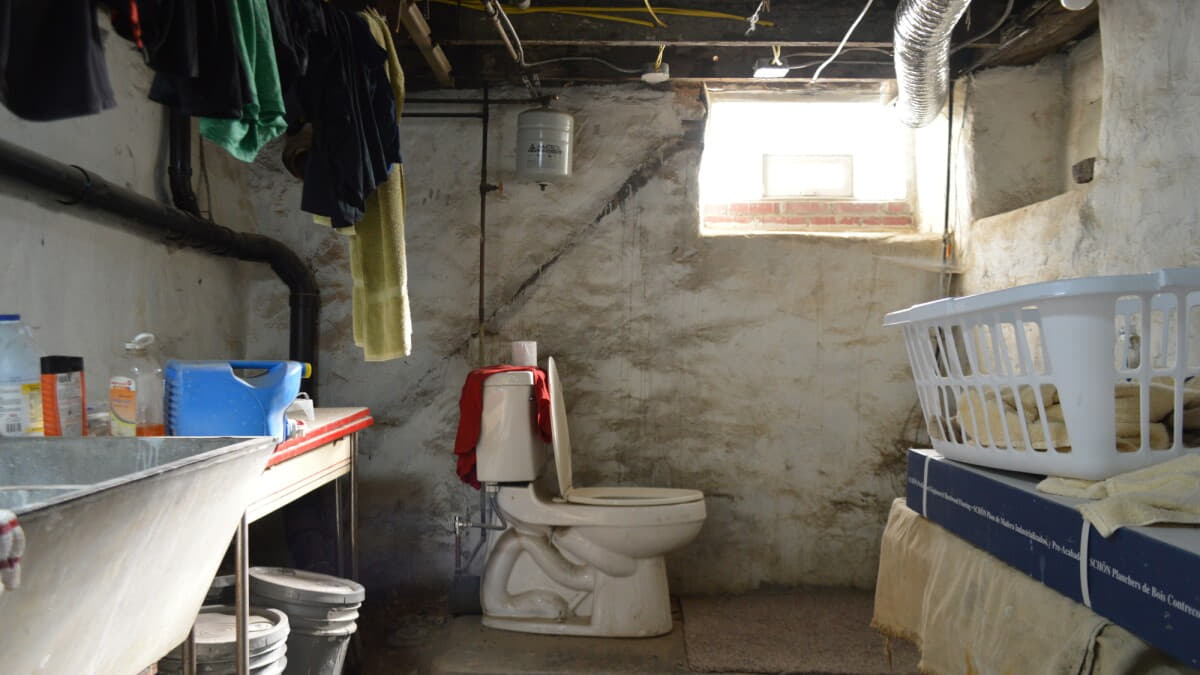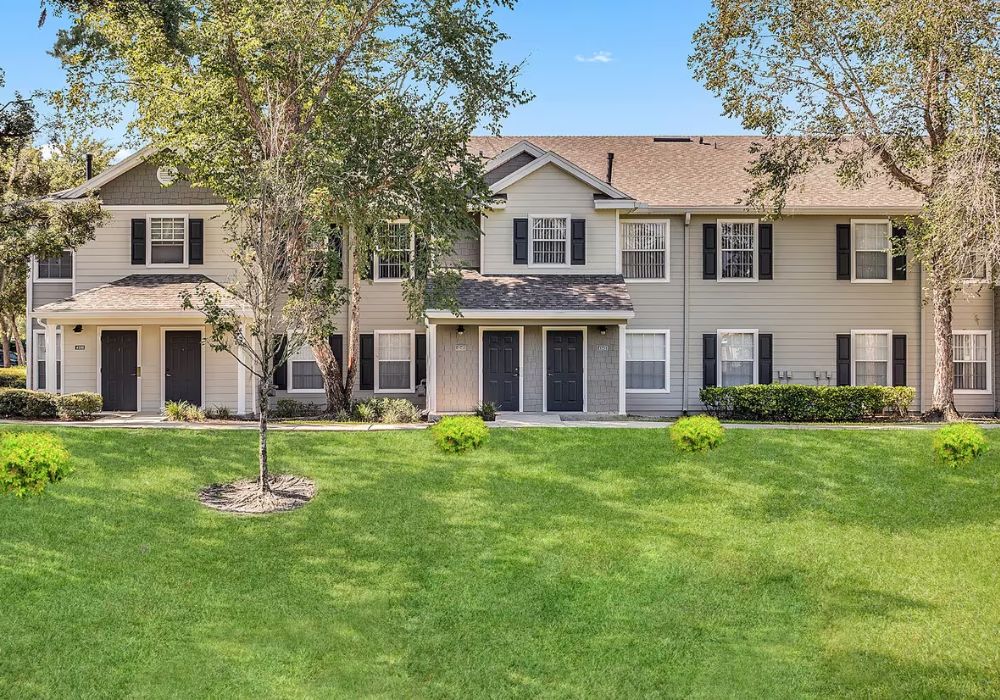As a tenant, you expect a certain level of privacy within your rental home, especially in your private bedroom. However, landlords also need access to ensure the property is being properly cared for and maintained. So what are the rules around a landlord inspecting a tenant's bedroom?
In this article, we will explore tenants' rights to privacy and the circumstances under which a landlord is allowed to enter and inspect a bedroom.
Can a landlord enter my bedroom without warning?
In most cases, no - landlords cannot enter a tenant's bedroom without giving proper notice. The landlord needs to provide written notice that states the date and approximate time of entry, usually requiring at least 24 hours notice. Emergency situations like fires or floods are an exception where the landlord can enter without notice to ensure safety. Tenants have a reasonable expectation of privacy in their bedrooms.
Related: Can A Landlord Look In My Closet?
What qualifies as proper notice from my landlord?

Proper notice is typically considered to be at least 24 hours written notice stating the date and approximate time the landlord plans to access the property. The notice should also outline the specific reason for entry, such as an inspection or repair.
Tenants cannot deny access as long as the landlord provides proper notice for legitimate business reasons stated in their lease agreement or implied through laws surrounding landlord responsibilities.
Under what circumstances can a landlord enter my bedroom without notice?
There are a few situations where landlords can enter a tenant's bedroom without providing advance notice. This includes entry during an emergency that threatens health or safety, such as a fire or gas leak.
Landlords may also enter without notice if authorized in writing by the tenant, such as permission to enter while the tenant is away.
Landlords can enter bedrooms without notice if permission was given for past entries as well. Tenants are advised to clarify expectations and permissions around notice and entry.
For what reasons can a landlord inspect my bedroom?
Legitimate reasons a landlord may need to inspect a tenant's bedroom include initial move-in inspections, general property inspections every few months, maintenance checks, showing the unit to potential renters, investigating issues like mold or pests, and assessing condition when tenants move out.
Bedrooms can provide clues about the overall condition and maintenance of the rental. Landlords cannot inspect for unauthorized reasons like snooping.
If my landlord enters without notice or permission, can I do anything?
Yes, tenants do have options if landlords illegally enter their bedrooms without meeting notice or permission rules. Tenants should first clearly communicate that proper notice is required for all non-emergency entries and that future unauthorized entries will be considered trespassing.
If landlords continue to enter illegally, tenants can file a formal complaint with the local housing authority or attorney general's office. In some situations, tenants may have grounds to break their lease without penalty.
How can I prevent unauthorized landlord bedroom entries in the future?
Tenants are advised to clearly communicate their privacy expectations to landlords in writing.
They can request that entry policies and permitted reasons for access be explicitly stated in the lease agreement. Tenants can also request written confirmation each time the landlord properly provides notice to enter.
Installing extra locks, security cameras, or a doorstop can also help tenants maintain control over access to their bedrooms beyond lease and legal requirements.
Does my landlord have a right to enter my roommate's bedroom?
While landlords have rights to access common areas and conduct inspections, they generally do not have authority to enter a tenant's private bedroom without that specific tenant's permission. In situations where tenants share a bedroom, both parties would need to consent to landlord entry.
If one roommate permits a landlord to enter their shared space, inspection would be limited only to their personal belongings unless consent from the other roommate is provided as well. Clarifying individual rights with roommates and landlords is wise.
Conclusion
In summary, tenants have a basic right to privacy within their rental property, especially in their private bedrooms. Landlords must provide proper notice for non-emergency access or inspections and generally cannot enter bedrooms without the consent of all tenants on the lease.





